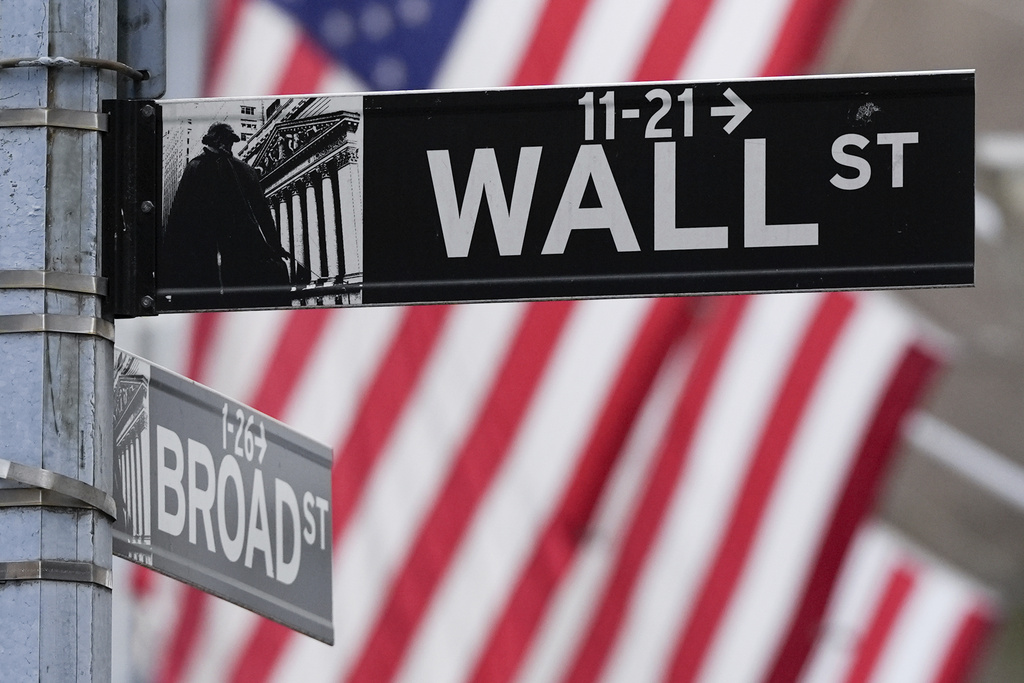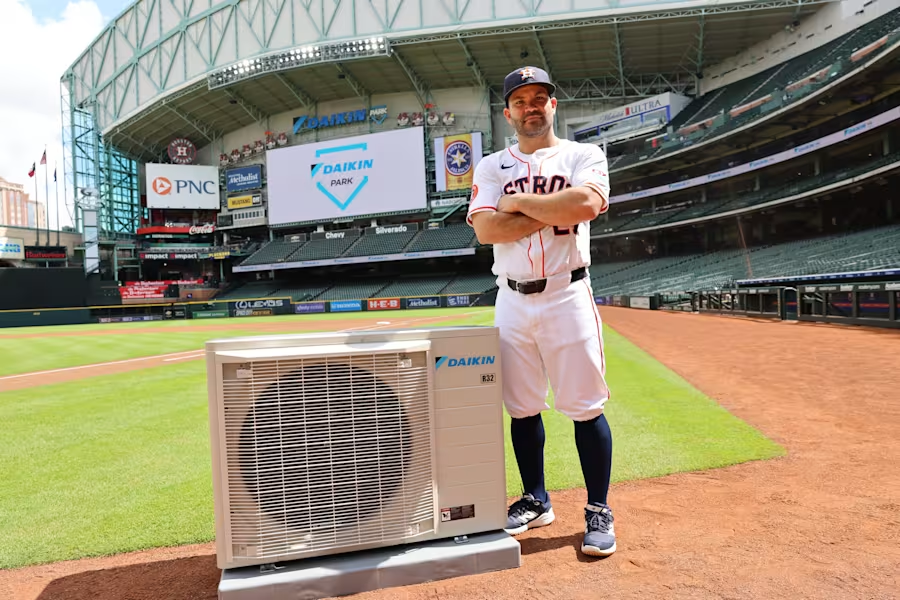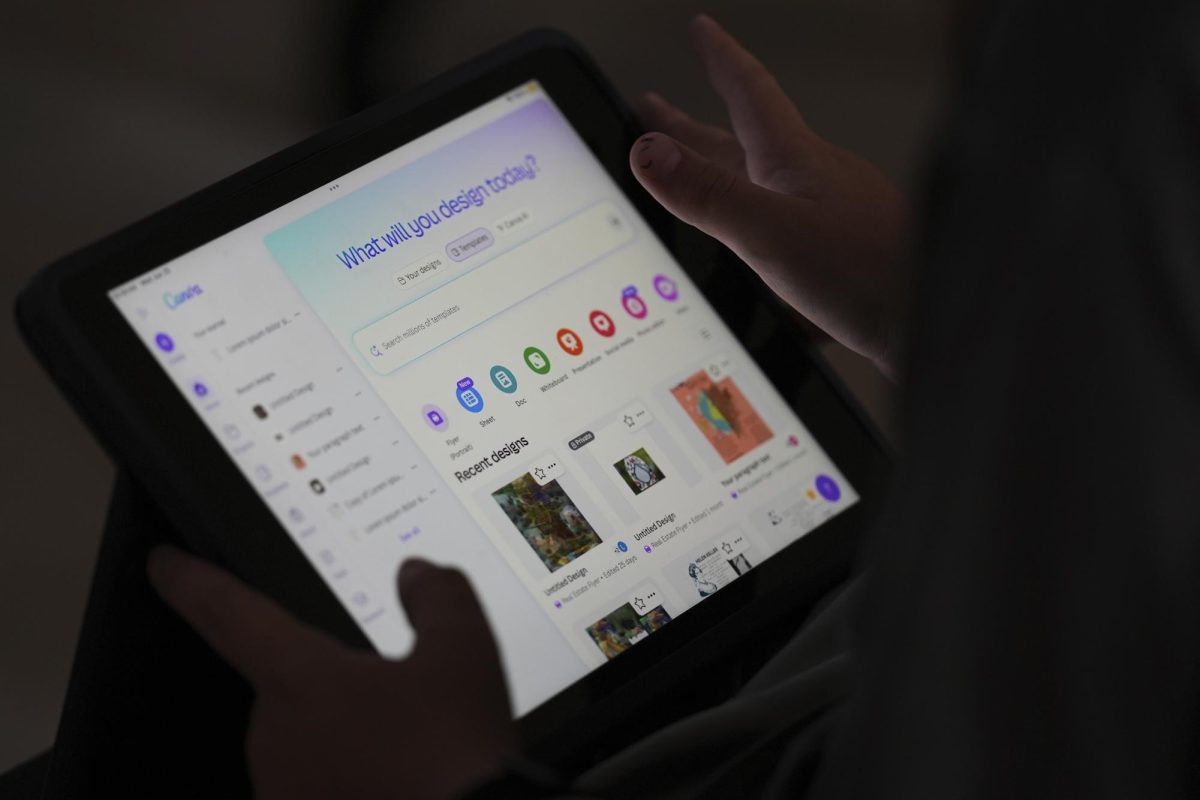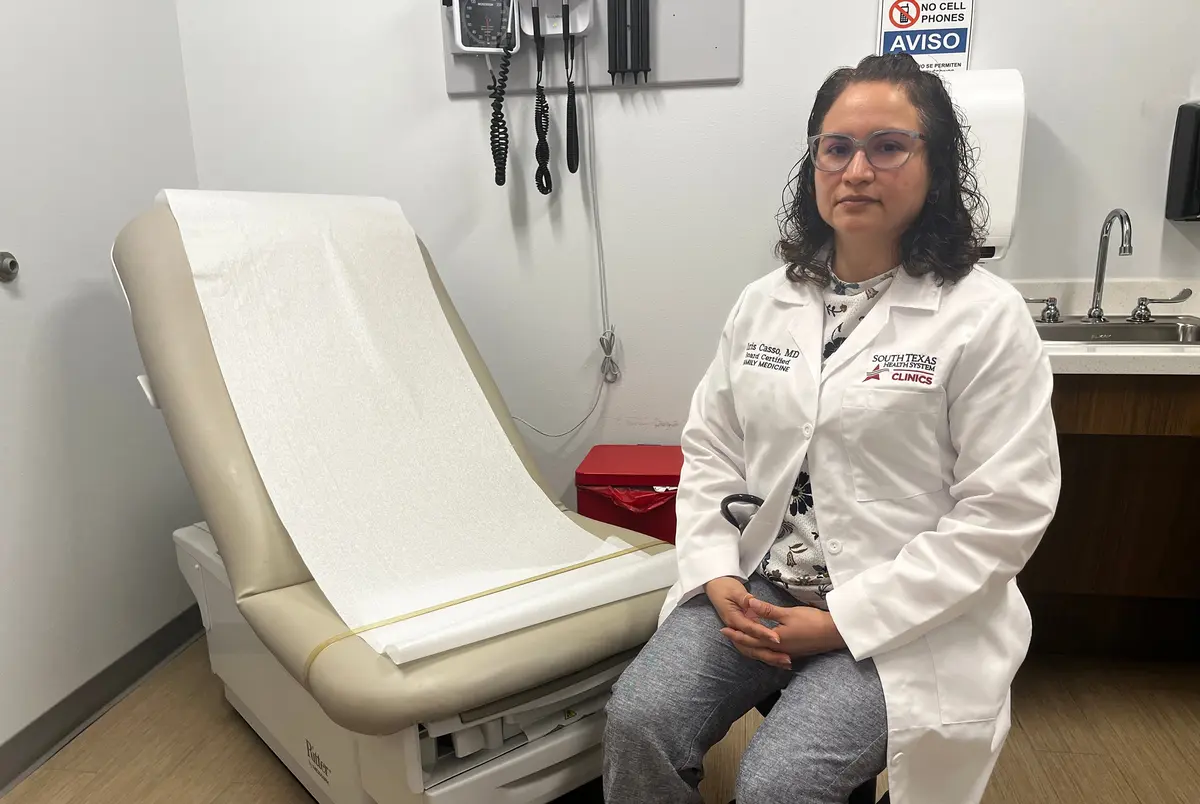Is Anyone Out There? The Epidemic of Loneliness
May 28, 2023
Sometimes, no matter how much social contact a person may have, they may feel lonely. Loneliness has a critical impact on mental and physical health. In regards to people who are experiencing loneliness are mentally and physically poor where. Most of the time, they spend alone, isolated from the rest of the world. However, it is a state of mind; thus, all the buildup emotions mostly target the victim’s mentality. The issue is, however, underrated; thus, no adequate efforts are put forth to control and prevent it, thus causing harm to the individual and society. Let’s focus on the epidemic of loneliness, analyzing how it affects individuals.

Recently, there has been an increase in loneliness and social isolation in people due to broken communities and social connections. Doctors, however, view the issues as a health concern. For instance, a surgeon in the US, Dr. Vivek Murthy, established an advisory that called upon attention to health crises concerning the public entailing, lack of connection as a nation, isolation and loneliness. The surgeon also noted that since lack of connection is rapidly spreading in the US, the possibility of premature death increases at a similar effect that 15 cigarettes smoking daily has on individuals. Isolation and loneliness, on the other hand, cause the individual to experience challenges in mental health during their lifetime. Hence, loneliness is articulated as among the issues of public concern. However, a lonely person experiences unique and complex feelings that differ among various individuals.
According to pathological thought, loneliness is sourced following various processes in the medical models, entailing the environment, an agent and a host. In that view, it is thus termed to be a disease. Hence, with the rate at which it is spreading worldwide, pathology loneliness should be handled as a disease and not just a social concept, symptom, or situation of a disease.
Although Covid 19 might have affected the level at which people felt lonely, loneliness took effect before the pandemic. An estimate showed that almost half of US adults were under the effect and showed high levels of loneliness. Insufficient or poor social connection has various effects on the individual’s physical health, entailing a 60% probability of premature death, 50% risk for older people to develop dementia, 32% people might be at risk of experiencing a stroke, and 29% are at risk of having a heart disease. Also, loneliness affects the mental health of most adults experiencing it, causing depression in them, unlike mentally healthy adults. Children who experience the issue also immediately undergo depression and high anxiety levels, which also continues to their future lives.
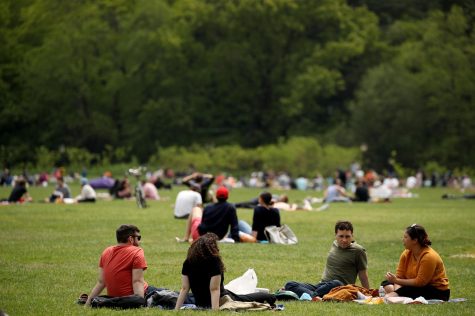
Measures to improve such statistics include strengthening social infrastructure, cultivating a culture of connection, reforming the digital environment, mobilizing the health sector, and enacting pro-connection public policies. As a way of addressing the mental health crisis in America, the initial step is to address loneliness. Social connection, on the other hand, improves resilience in the community and individual health. When people are socially connected are thus saved from experiencing depression, dementia, stroke and heart disease. Communities can benefit from improved connections such as community safety, civic engagement, prosperity, and community resilience, especially when faced with natural disasters and population health.
As a critical public health issue, initiatives should be set to create a connected, resilient, less lonely and healthier country.



